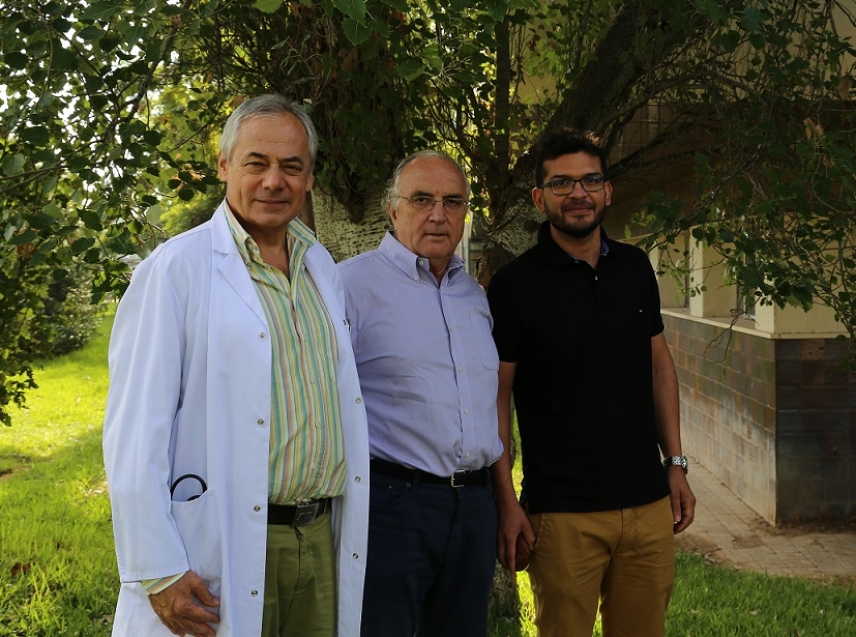Keeping phosphorus under control to improve the quality of life of those who suffer from renal failure
A University of Cordoba research team, Cordoba’s Maimonides Institute of Biomedical Research and Queen Sofia University Hospital link phosphorus normalization in blood to a decrease in a hormone that damages the heart
The FGF23 (Fibroblast growth factor 23) hormone originates in bone to communicate with the kidney whose duty it is to excrete excess phosphorus that the bone detects. Its main function is bone-kidney communication to eliminate phosphorus, but what happens when the person has renal failure and kidneys that do not work in addition to an impaired excretion ability? What happens is that the failing kidney is unable to abide by FGF23. Nevertheless, the bone keeps producing this hormone because it does not detect that the kidney has stopped working, resulting in a build-up of FGF23 in the blood.


